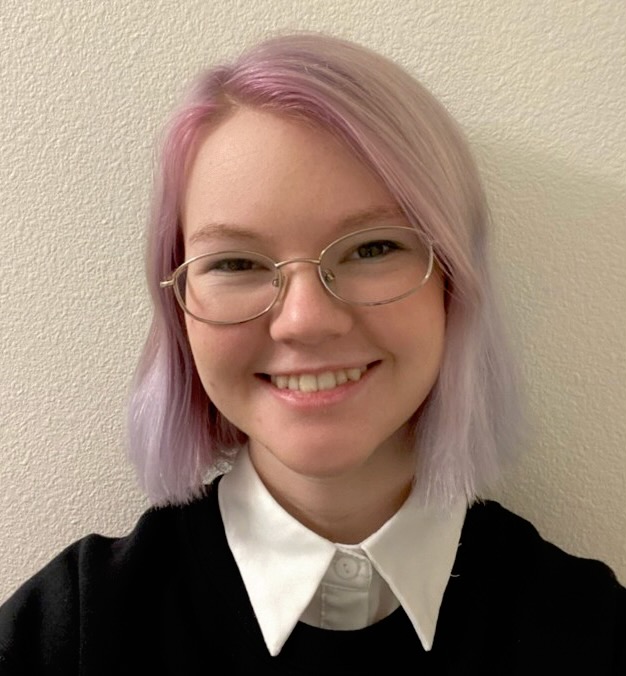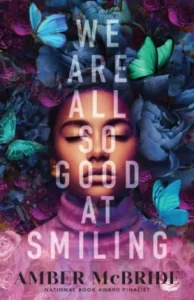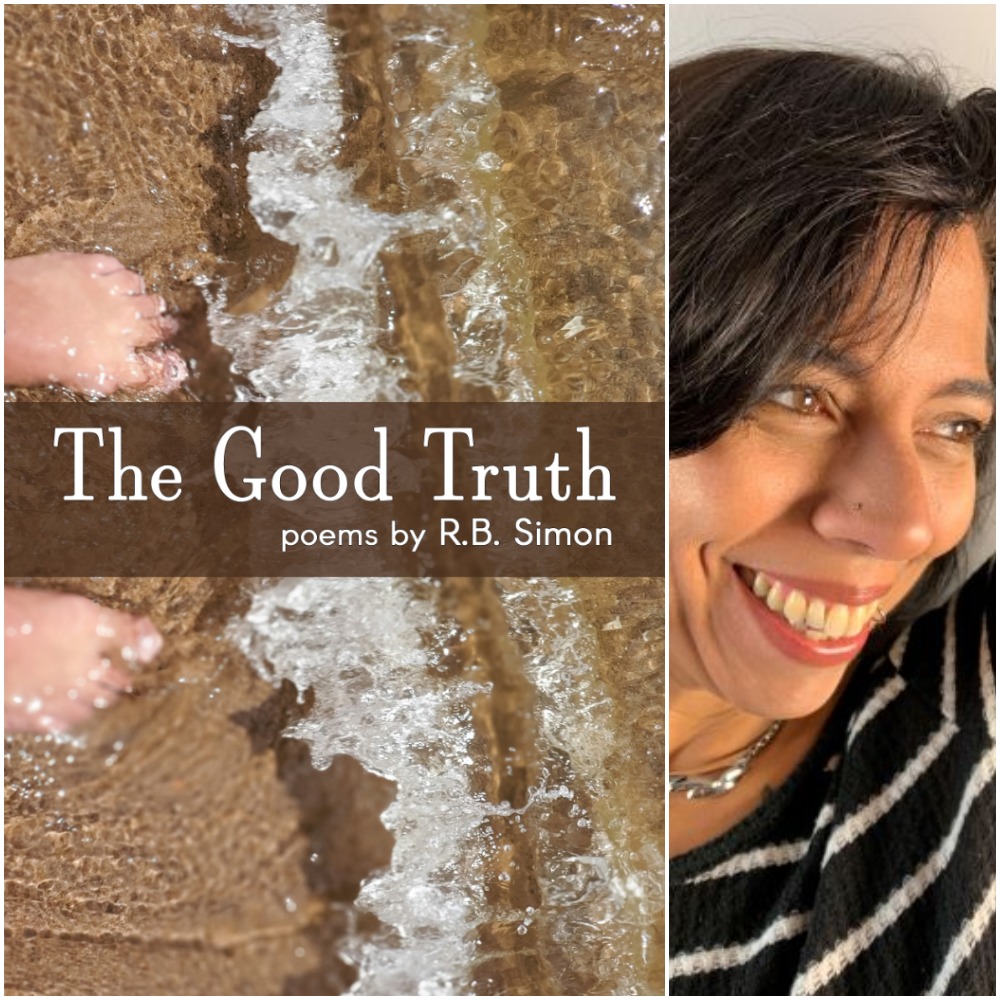Editors’ Pick Week 1: ‘Eulogy’ Cycle by Trinity Richardson
Editors' Pick, Week 1
'Eulogy' Cycle by Trinity RichardsonEulogy
Do you remember
the night that
you got so stoned
I had to drive us home
I’d never driven your car
the seat was too low
and you kept
saying things
that didn’t make sense
or
at least
that I didn’t want
to hear
I drove five miles
with the emergency brake on
and when we got home
you asked if I’d ever
been to a funeral
I said I’ve given
a eulogy but
you didn’t ask who
the eulogy was for
just asked if I would
give yours
Eulogy II
You ask: How do you pay your rent?
And the answer is so much more
complicated than I care to disclose because
it’s Wednesdays after school
picking out candy at the supermarket,
and crosswords done in pen.
It’s late nights with Monopoly
and double-scooped butter pecan–
an extra 50 cents for sprinkles.
It’s Summers spent at the pool,
the smell of sunscreen and chlorine,
and the pleasant ache of sunburnt skin.
It’s years spent in hospitals,
sterile white rooms that reeked
of antiseptic and sickness,
and nurses rushing to and fro,
knowing they get to go home to their families.
It’s seeing him get worse instead of better,
skin-and-bones and get well soon balloons
tied up in cheery rainbow ribbon.
It’s an intubation tube because his wife
couldn’t pay the bills on her own,
begged him to stay, demanded he stay,
even though he was already gone.
It’s laughing at his funeral because
the pastor called him by the wrong name
and it’s too much to handle
and there’s no tears left.
It’s watching Star Trek by myself,
his rocking chair empty, knowing
I’ll never get to do anything
with him again.

Trinity Richardson is a full-time student studying Communications and Creative Writing at the University of South Florida. They are a part of the Judy Genshaft Honors College, and a writer for Women in Technology International. Outside of art, their interests include writing, journaling, and faerie-hunting.

BMP Celebrates National Poetry Month
Happy National Poetry Month! For poets and poetry lovers—and perhaps for those who love poets—this is a special time. At Brain Mill Press, we like to celebrate all month long by sharing featured poets, and with our fee-free contest. This year, we’re thinking about poetry cycles, poems that speak to each other, forms that build on each other (like crowns), and the ways a poem can be a scaffold or foundation for other poems. Our words are often in response to other poems, and our own body of work is often an ongoing conversation. We speak to each other, with ourselves, and sometimes into the void—hoping someone will answer back.
Top photo by Lukas Rychvalsky via Pexels



 We Are All So Good at Smiling by Amber McBride
We Are All So Good at Smiling by Amber McBride Cool. Awkward. Black., edited
Cool. Awkward. Black., edited
 Nothing Burns as Bright as You
Nothing Burns as Bright as You Fate of Flames by Sarah Raughley
Fate of Flames by Sarah Raughley

 All Signs Point To Yes: A Love Story For Every Star Sign
All Signs Point To Yes: A Love Story For Every Star Sign The Sound of Stars
The Sound of Stars Star Lion: Thieves of Red Night
Star Lion: Thieves of Red Night  All Boys Aren’t Blue
All Boys Aren’t Blue Right Where I Left You
Right Where I Left You Me, Moth
Me, Moth 

Recent Comments